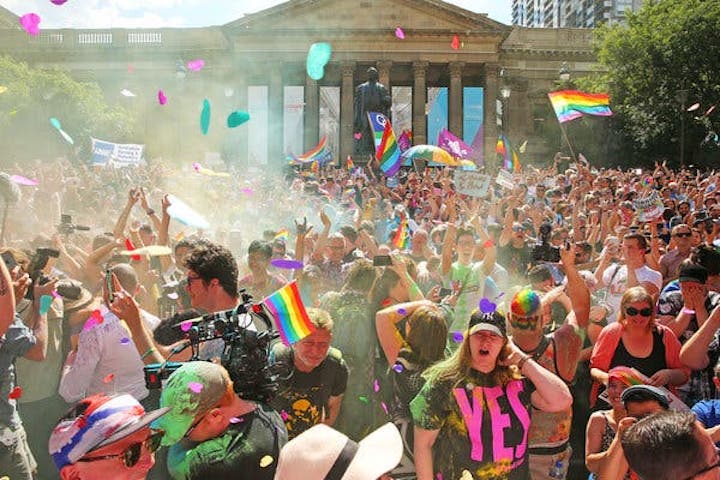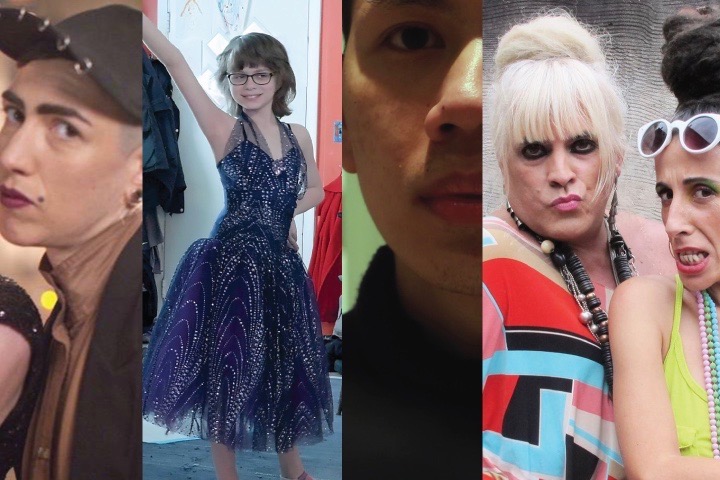
Changing perceptions in Argentina
In November 2007, Spanish entrepreneur Juan Julia complemented the thriving Buenos Aires gay scene by opening another in his chain of gay-focused luxury Axel hotels: a first for South America. In doing so, Julia cemented the city’s reputation as a Latin gay mecca.
The Axel website states: We have turned it around and invented a new concept: Hetero-friendly, or, in other words, a space conceived, developed and designed for and by the gay public, but open to everyone.
Buenos Aires-raised Pablo, 39, believes this courting of gay tourists can only help to further aid acceptance of homosexuality.
Culturally Buenos Aires is a very progressive city. You feel it’s one of the great capitals of the world.
Argentina has always looked outside for comparisons; we look to what is happening in Europe, he said.
I think the hotel is a great thing for Buenos Aires and the economy. It’s a good way of breaking down the barriers against homosexuality.
The city of Buenos Aires was also the first region in South America to permit civil unions in 2002. The move was followed by the province of Rio Negro in 2003 and the city of Villa Carlos Paz in 2007.
Rio Negro congresswoman Regina Kluz said in 2003, This is important, most of all because now we can talk about homosexuality without prejudices, permitting open debate about an issue which, until now, had been swept under the carpet.
Despite these legislative advancements and open courting of the pink dollar, Pablo believes culturally Argentineans still have some distance to go before embracing homosexuality fully.
I’m a little cynical because I can’t see my culture completely accepting homosexuality. Deep down in the psyche, I don’t believe people’s minds have changed. It will take a few more years before homosexuality is accepted sincerely.
Possibly the real test of acceptance is when an Argentinean soccer star is able to come out and be accepted.
I don’t think a soccer player could come out today. That would be interesting to see. Ian Roberts was able to come out and be accepted. I think if it happened in my country, they would be rejected, Pablo said.
When Julio Bocca came out as bisexual, he was a ballet dancer and doesn’t have broad appeal. He is very well known and well respected, but only a minority follow ballet. If he had been a soccer player then the story may have been different.
Pablo believes the media is playing a central role in changing society’s perceptions. Television is very powerful and capable of introducing new ideas to people. Since the 1990s openly gay men are shown in all genres -” comedy, drama, news, he said.
In 2005 an exclusively gay dating show, 12 Corazones- Especial, aired on Canal 13, one of Argentina’s main television channels and featured same-sex kisses.
Argentina needs this type of exposure but it also has to be nationwide and not just in Buenos Aires before it’s truly accepted, Pablo said.
Pablo, who arrived in Australia in 1996, works as an artist.
Sydney is a very nice city. I like the cosmopolitan feel. I think there’s a general feeling of tolerance. It’s a really good place to be.



